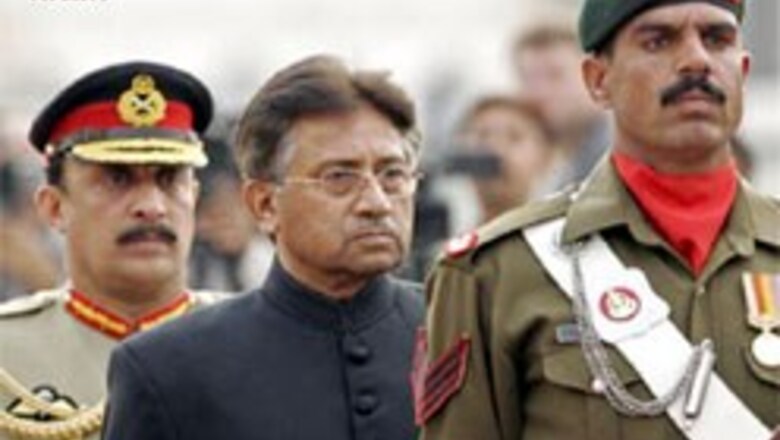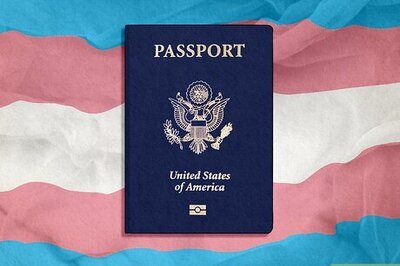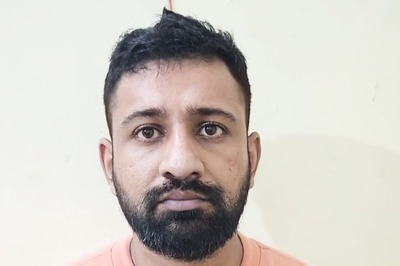
views
Islamabad: President Pervez Musharraf will lift emergency rule on Saturday in a move Western nations hope will stabilise the nuclear-armed state amid militant violence.
Musharraf will address the nation on TV and radio on Saturday night, but critics say curbs on the media and judiciary will remain before the general election on January eight.
The government says constitutional rights will be restored but the opposition says Musharraf can still manipulate an election win for his allies and secure a power base despite growing unpopularity and unrest.
Citing spiraling militant violence, Musharraf imposed the Emergency on November 3, suspended the constitution and purged the Supreme Court to fend off challenges to his re-election, which new hand-picked judges have since rubber-stamped.
Two soldiers and three civilians were killed near a Pakistani army camp by a suicide bomber on a bicycle on Saturday, underscoring a growing number of insurgent attacks this year in which hundreds of people have been killed.
Facing international condemnation, including from his ally the US, Musharraf said he would restore the constitution. But some lawyers and judges, including Chief Justice Iftikhar Chaudhry, who were deposed by Musharraf, are still under house arrest.
The Pakistani media criticised this week a ban on live broadcasts as an attempt to control election coverage. The end of the emergency may not change that.
"I know I won't be released, the lifting of the state of emergency will not change anything," said Tariq Mehmood, a leading opposition lawyer under house arrest. "The army and Musharraf will still be in total control." Election monitors and many politicians fear Musharraf, despite calls for a fair vote, can rig the polls through a network of district chiefs, bogus votes and by excluding opposition supporters from ballot stations.
Still pulling the strings?
Critics point out that Musharraf, who came to power in a 1999 coup but stepped down as army chief last month, still lives in his army house.
The election is essentially a three-way battle between parties loyal to Musharraf and the parties of two main opposition leaders, former prime ministers Nawaz Sharif and Benazir Bhutto.
An opposition-run parliament could move to impeach the general over accusations he acted unconstitutionally in securing a new term as president. With political rallies banned, parties have been holding what they call smaller "meetings" to get round the regulations.
The opposition hopes that bigger rallies would be allowed as the campaign gets into gear after the weekend.
Critics are worried of possible amendments to give Musharraf protection from attempts in courts to prosecute him for breaking the constitution - a move that has been carried out before by rulers in Pakistan's long history of military interference.
"When the emergency is lifted, the devil may be in the details," said Nasim Zehra, a political analyst.



















Comments
0 comment